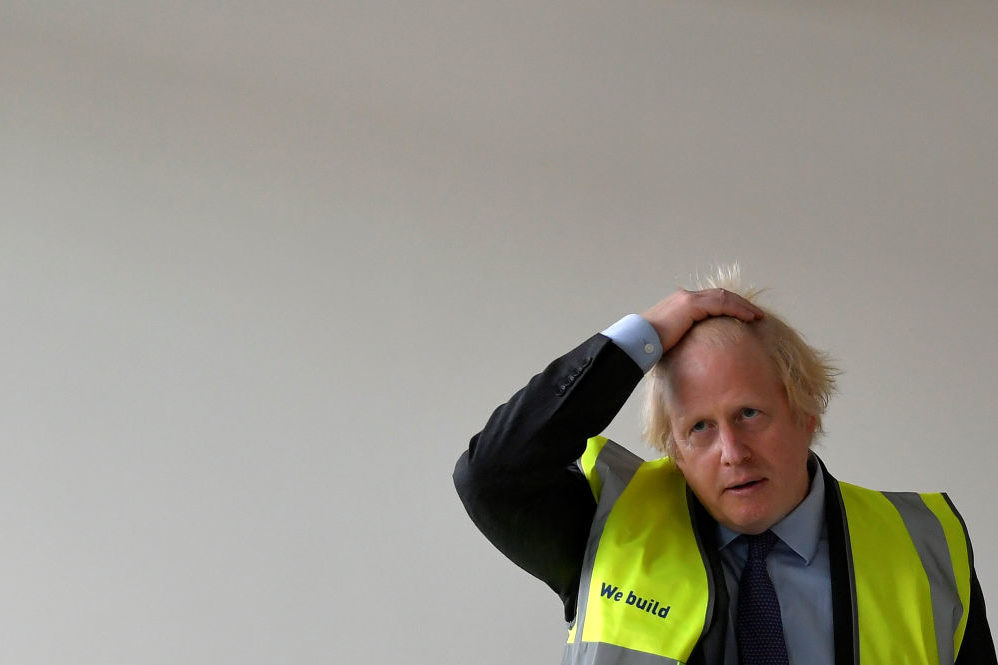Huge infrastructure projects. A massive rise in public spending, and the creation of public works for an army of unemployed. Prime Minister Boris Johnson has started pitching himself as the new Roosevelt, modeling himself on the 1930s American president who spent big to pull the country out of the Great Depression, and re-wrote the rules of economics in the process. At this rate, he’ll be making speeches about there being nothing to fear ‘except fear itself’ and starting fireside chats over the wireless by the end of the week.
But hold on. Is FDR a model Britain really wants to emulate? Not really. The UK doesn’t face anything like the same challenges, and the solutions that worked 90 years ago won’t necessarily work today.
True, when Roosevelt moved into the White House in 1933 the American economy desperately needed rescuing. The Great Depression witnessed a 30 percent drop in output — only Greece in the 2010s has been worse — while unemployment soared to 25 percent of the workforce. Something had to be done, and FDR embarked on a massive Keynesian stimulus — new-fangled stuff at the time — to get the economy moving again.
But is that what Britain needs in 2020? In truth, there are a couple of problems. First, most of the academic research over the last 20 years suggests the New Deal was vastly over-rated. Even its greatest scholar, the former Federal Reserve chairman Ben Bernanke is not especially convinced by it. ‘Our own view is that the New Deal is better characterized as having ‘cleared the way’ for a natural recovery (for example, by ending deflation and rehabilitating the financial system), rather than as being the engine of recovery itself,’ he wrote in a famous essay on the subject. Most economic historians would agree. The Federal Reserve presided over a catastrophic collapse in the money supply in the wake of the stock market crash, and that had to be fixed. But the rest didn’t make much difference.
Next, Britain in the 1930s actually recovered faster than the United States. The UK didn’t have a New Deal. In fact, they managed to bounce back with better monetary management — largely coming of the gold standard — lots of deregulation (just take a look at the 1930s suburbs that surround every major city) and policies that helped new industries thrive. It was in that decade that consumer electronics and auto manufacturing emerged, for example, and that fueled a recovery.
[special_offer]
The UK faces a very different kind of economic crisis today. With the country in lockdown, they have a collapse of supply, not a collapse of demand. And they certainly don’t have a central bank that is reluctant to loosen the money supply. If anything Britain is printing way too much of the stuff. If there is a lesson to be learned from the 1930s, it should be a British one. Print some money, but also deregulate, and perhaps most of all build homes. Roosevelt was in many ways a great president, and certainly a heck of a lot better than the one in the White House at the moment. But a new one for Britain in the 2020s? No thanks. They don’t really need it.
This article was originally published onThe Spectator’s UK website.

























